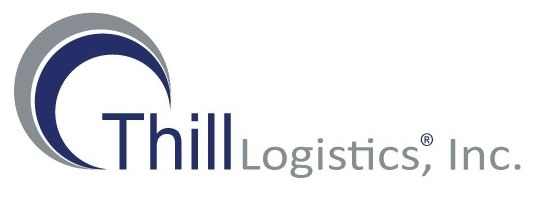 Mitchell Kapor said, “Getting information off the Internet is like taking a drink from a fire hydrant.” So why would any sane individual add to the already available chaos by creating a professional webpage? Well, if used appropriately; the Internet can be an effective marketing tool for selling the one product that you always have plenty of—yourself. A professional webpage can keep all your information in an easily accessible location and allow you to modify that information as changes inevitably happen. Here are few tips that I would recommend for starting and maintaining your professional online presence.
Mitchell Kapor said, “Getting information off the Internet is like taking a drink from a fire hydrant.” So why would any sane individual add to the already available chaos by creating a professional webpage? Well, if used appropriately; the Internet can be an effective marketing tool for selling the one product that you always have plenty of—yourself. A professional webpage can keep all your information in an easily accessible location and allow you to modify that information as changes inevitably happen. Here are few tips that I would recommend for starting and maintaining your professional online presence.
Keep it professional—keep your professional life separate from your personal one. This conjures up images of Charlton Heston in The Ten Commandments as he parts the Red Sea. One side represents your personal content. The other represents your professional information. The area between is the safe path that you need to walk through. This means that you should avoid posting pictures of family (pets included) and friends on your professional webpage. Avoid talking about vacations or short trips that you took, unless it is related to your profession. Non-business related content belongs on your personal webpage. This doesn’t mean that you can or should post anything non-business related on your personal webpage though. There is always the chance that someone will stumble across something on your personal webpage that you didn’t want known (just look at Miley Cyrus for example).
Keep it clean and simple—just like in an interview, first impressions always matter. Keeping your professional webpage clean and simple is like wearing a nice outfit to that meeting. Remember that the people you want looking at your webpage (the employers) many need to look at a lot of different applicants and web pages. Pick a font and a background that avoids eye strain. Lay out Information logically, almost like in a resume. And periodically trim away outdated content. Group affiliations are a great place to start looking for “fat”. It might have been nice to have listed your association to the math club when you graduated high school. But today, it may just look like clutter or worse, an attempt to pad your credentials.
Sell yourself—the purpose of maintaining a professional webpage or website is to sell you to employers. So include samples of your work. If you are a writer, include links to the material you have written. Maybe include some positive reviews of your published material. If you a photographer or other artist, show samples of your artwork and maybe links to awards and honors you have received. And if you are a programmer, you should include a website that you have worked on or some sample code that you have written.
Include a link to your current resume—for safety reasons, however, I would recommend not posting your complete resume. Your “mini-resume” should only contain relevant information like your qualifications, your skill sets, and a brief work history of your last two employers. Avoid putting your complete biography down. Otherwise, you open yourself up for possible identity thief. Put a note on your electronic resume that a full version is available upon request (assuming that you do have one of course).
Provide a way to contact you—use your web page like a business card, but think of safety first. You can put down your email address so that an employer can contact you, but always set up a hotmail or Gmail account for this. If you put an email address on a webpage, chances are good that that email will be targeted for marketing ads. Same is true for phone numbers. If possible, have a separate phone line that you can send calls directly to a voicemail. That way you can screen the calls coming in. But never use your currently employer’s resources. It’s just rude behavior, and possibly even grounds to have you dismissed from your current employment.
If you have a website instead of a webpage, use a sensible domain name—stick to something ending in .com or .net. Avoiding subnets like blogger.com (or geocities.com from back in my day). A lot of hosting companies give you the option to buy a domain name cheaply. This is a worthwhile investment. But pick something that makes sense, like PaultheProgrammer.net or DiscoverPaultheBlogger.com.
Photo credit: DailyMail

